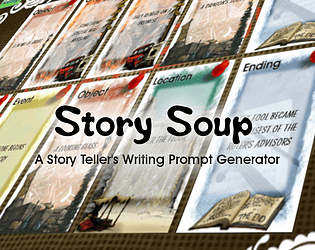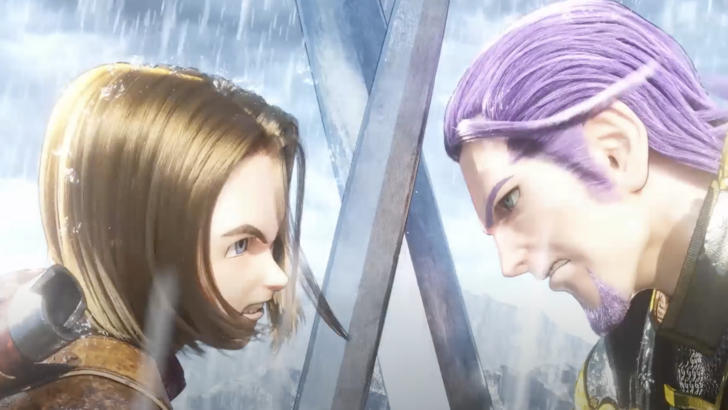
The Evolving Role of the Silent Protagonist in Modern RPGs: A Conversation Between Dragon Quest and Metaphor: ReFantazio Creators
This article features a discussion between Yuji Horii, creator of the Dragon Quest series, and Katsura Hashino, director of Metaphor: ReFantazio, on the challenges of using silent protagonists in modern RPGs. The conversation, excerpted from the "Metaphor: ReFantazio Atlas Brand 35th Anniversary Edition" booklet, explores the evolution of storytelling in RPGs and the impact of increasingly realistic graphics.
The Silent Protagonist in Dragon Quest: A Legacy Challenged
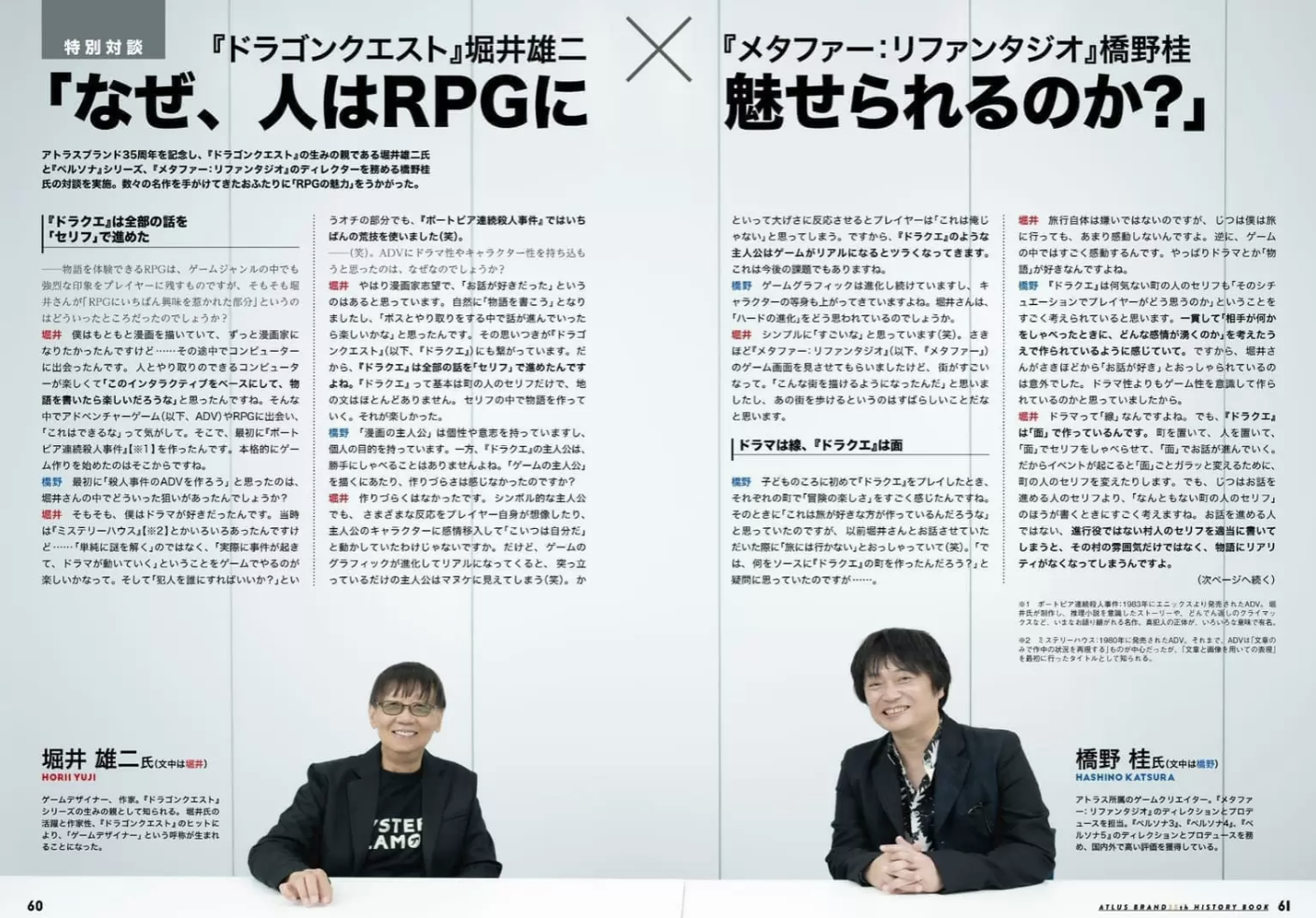
Horii describes the Dragon Quest protagonist as a "symbolic protagonist," allowing players to project themselves into the game. This approach worked well with the simpler graphics of earlier games, where the lack of detailed expressions didn't hinder immersion. However, Horii acknowledges the changing landscape: "As game graphics evolve and grow increasingly realistic, if you make a protagonist who just stands there, they will look like an idiot," he quips.
Horii, originally aspiring to be a manga artist, emphasizes the importance of storytelling in Dragon Quest, built largely on dialogue and interactions, rather than extensive narration. He admits the challenge of maintaining this style with modern, high-fidelity graphics, where a silent protagonist might appear unresponsive or unconvincing. "That’s why, the type of protagonist featured in Dragon Quest becomes increasingly difficult to depict as games become more realistic. This will be a challenge in the future too," he concludes.
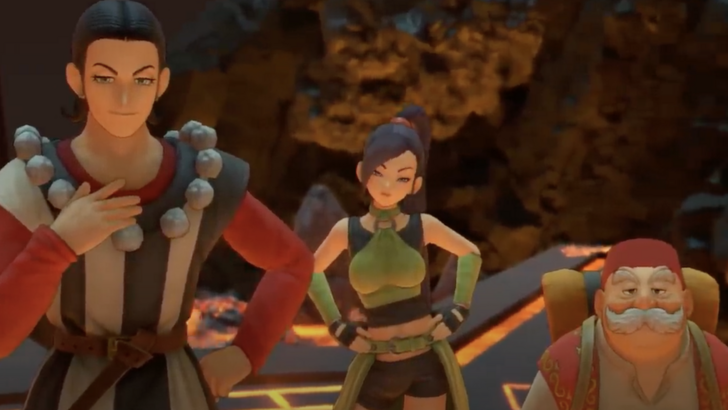
A Different Approach: Metaphor: ReFantazio and the Voiced Protagonist
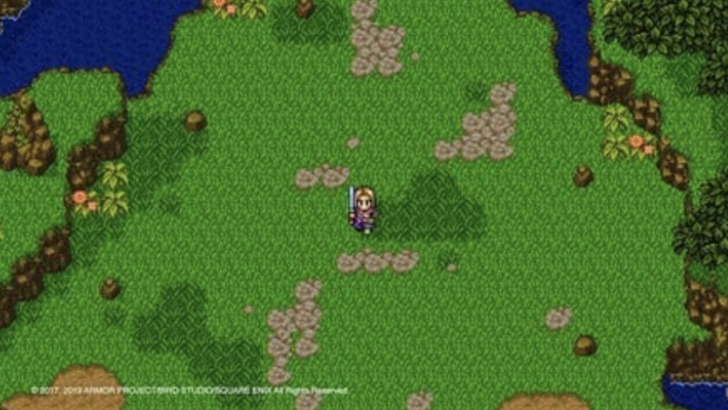
Dragon Quest stands out for its continued use of a silent protagonist, a rarity among major RPG franchises. In contrast, series like Persona feature fully voiced protagonists, and Metaphor: ReFantazio will follow suit.
Hashino praises Horii's approach, highlighting the emotional impact of Dragon Quest's design: "I think Dragon Quest puts a lot of thought into how the player will feel in a given situation," Hashino says, "even when it's to do with a regular townsperson. I feel like the games are consistently created with the player in mind, thinking about what emotions will arise when someone says something." This underscores the unique emotional connection fostered by Dragon Quest's silent protagonist, despite the challenges it presents in the modern gaming era.



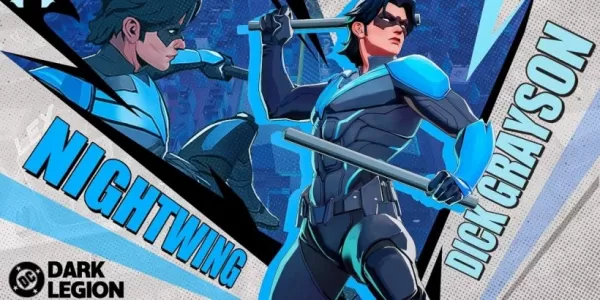



![Chubby Story [v1.4.2] (Localizations)](https://images.737c.com/uploads/85/1719638042667f981a5e9f8.jpg)


